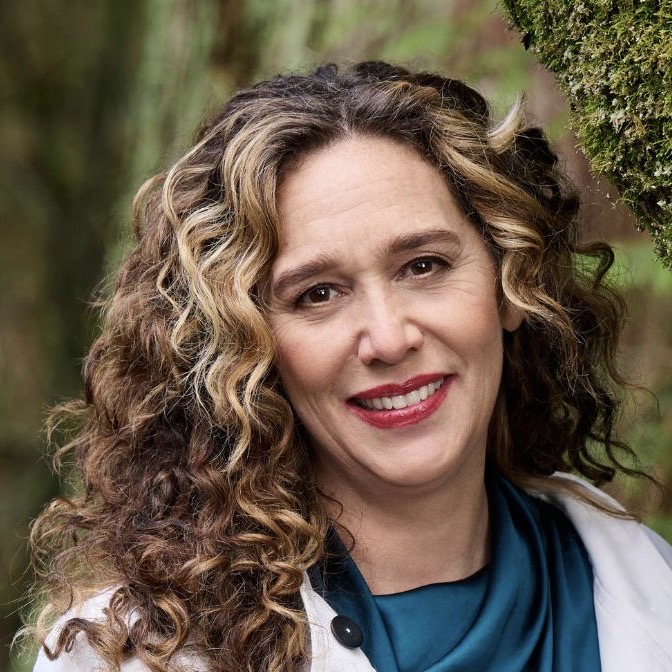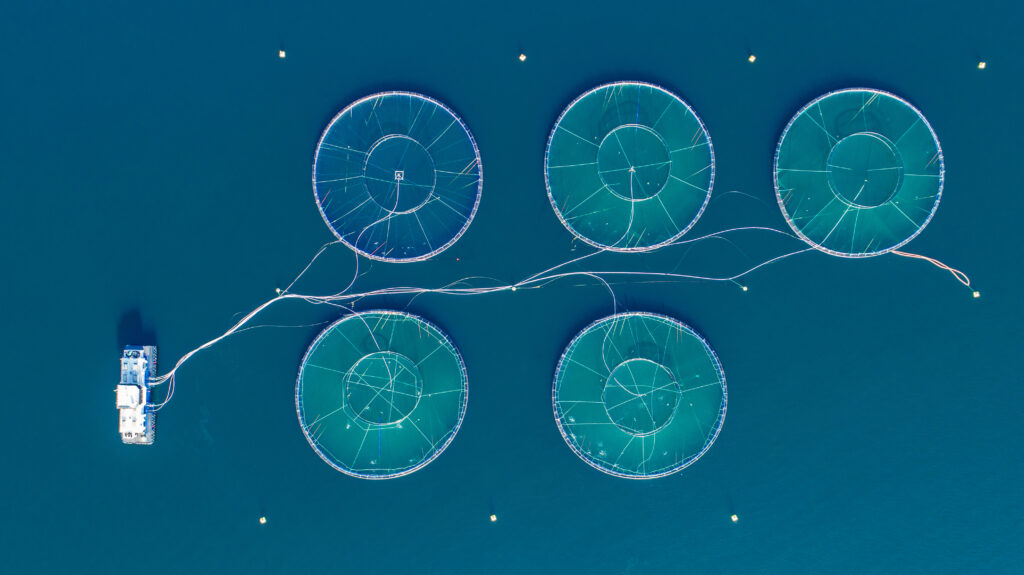Stephen Colbert devoted a must-see segment of The Colbert Report last night to the subject of hydraulic fracturing (fracking), mocking gas company Talisman Terry for its coloring book propaganda, “Talisman Terry’s Energy Adventure” [PDF] and generally eviscerating the gas industry’s efforts to greenwash fracking in the wake of widespread public concern over water contamination and other threats posed by the industry’s drilling operations.
Colbert’s team certainly had fun mocking Talisman’s “Friendly Fracosaurus” character, revealing some “bonus pages” of the dinosaur facing his “violated ancestors” and committing suicide – frackicide? – by lighting a cigarette in the shower. These references were surely amusing to viewers of Gasland and other followers of the fracking controversy.
Watch the video:
Subscribe to our newsletter
Stay up to date with DeSmog news and alerts






